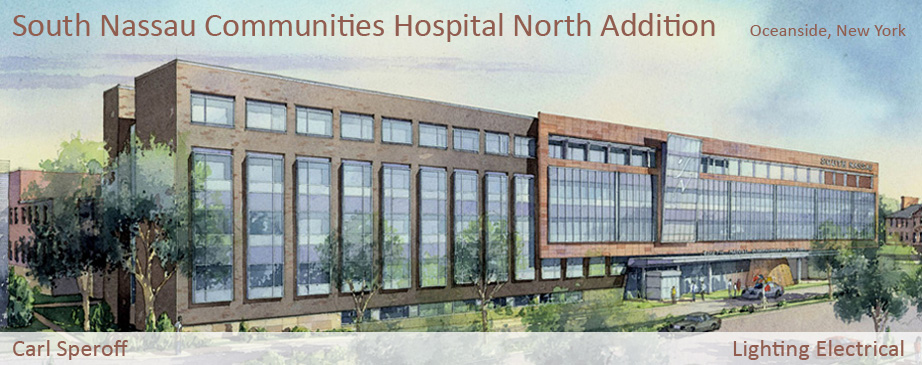ABET
Outcomes for
AE 481W/482 |
Outcome not able to be assessed
(Score of 0)
|
Level of ability demonstrated but below acceptable
(Score of 1) |
Minimum acceptable level of ability demonstrated
(Score of 2) |
More than minimum level of ability demonstrated
(Score of 3)
|
| a. An ability to apply knowledge of mathematics, science, and engineering |
- |
- |
- |
X |
| b. An ability to analyze and interpret data |
- |
- |
- |
X |
| c. An ability to design a system, component, or process to meet desired needs |
- |
- |
- |
X |
| d. An ability to identify, formulate, and solve engineering problems |
- |
- |
- |
X |
| e. An understanding of professional and ethical responsibility |
- |
- |
- |
X |
| f. An ability to communicate effectively |
- |
- |
- |
X |
| g. The broad education necessary to understand the impact of engineering solutions in a global and societal context |
- |
- |
- |
X |
| h. An ability to engage in life-long learning |
- |
- |
- |
X |
| i. A knowledge of contemporary issues |
- |
- |
- |
X |
| j. An ability to use the techniques, skills, and modern engineering tools necessary for engineering practice |
- |
- |
- |
X |
| k. Engineering design capabilities in at least (2) of the (3) basic curriculum areas of engineering, and that design has been integrated across the program. |
- |
- |
- |
X |
| l. Communication and interaction with other design professionals in the execution of building projects. |
- |
- |
- |
X |
